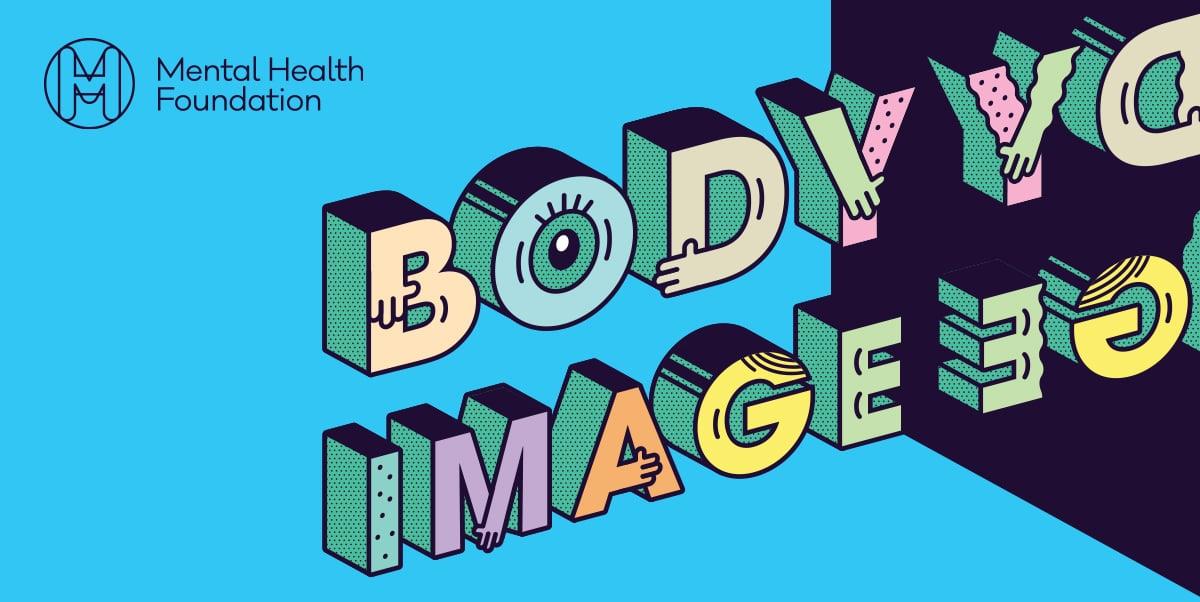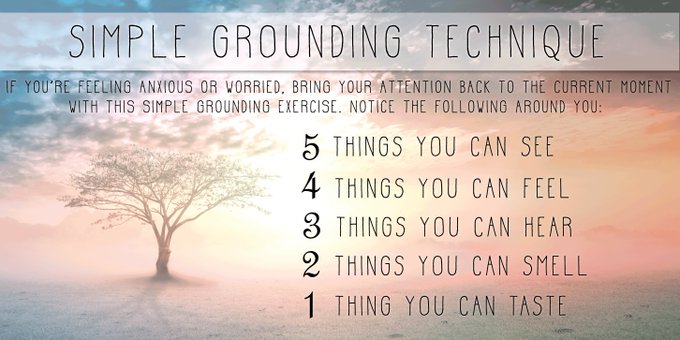
Our relationship with nature – how much we notice, think about and appreciate our natural surroundings – is critical in supporting good mental health and preventing distress, reports the Mental Health Foundation. Nature is an important need for many and vital in keeping us emotionally, psychologically and physically healthy. Research shows that people who are more connected with nature are usually happier in life and more likely to report feeling their lives are worthwhile. Nature can generate many positive emotions, such as calmness, joy, and creativity and can facilitate concentration. Nature connectedness is also associated with lower levels of poor mental health, particularly lower depression and anxiety. With regard to mental health benefits, nature has a very wide definition. It can mean green spaces like parks, woodland or forests and blue spaces like rivers, wetlands, beaches or canals. It also includes trees on an urban street, private gardens, verges and even indoor plants or window boxes. Surprisingly, even watching nature documentaries is good for our mental health. This is great news as it means the mental health benefits of nature can be made available to nearly every one of us, no matter where we live.

.jpg)





